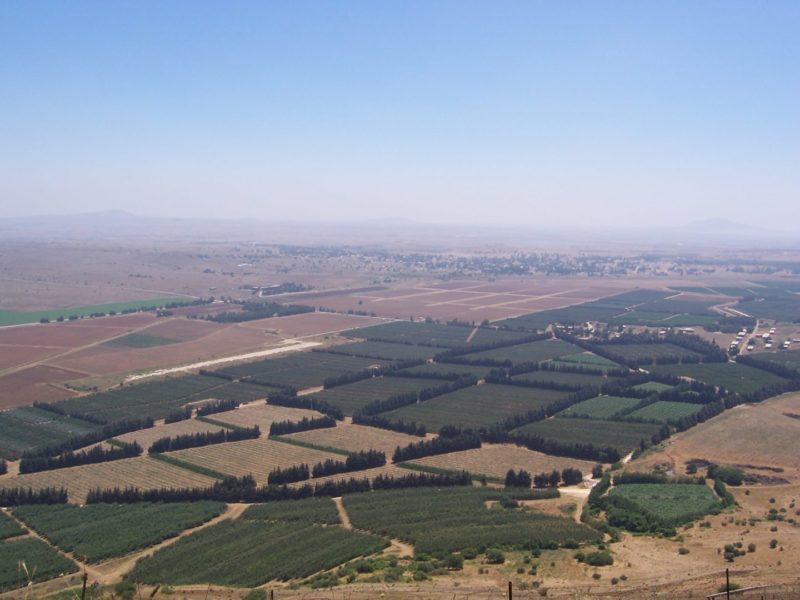The Arab League has denounced Israel’s “escalation” over control in the Golan Heights, while Germany and the United States also rejected Israeli claims on the strategic territory.
Israel’s cabinet held its weekly meeting in the Golan on Sunday to affirm the Jewish state’s sovereignty in the area.
“Israel will never come down from the Golan Heights….In the 49 years Israel has controlled the Golan, it has been a place of peace and prosperity. Israel today is the solution, not the problem,” Israeli Prime Minister Benjamin Netanyahu said.
On Monday, Arab League General-Secretary Nabil al-Arabia said Netanyahu’s comments marked “a new escalation that represents a brazen violation of international law.”
At the same time, Germany’s Foreign Ministry on Monday said that Israel’s decision to unilaterally maintain control over the Golan Heights would violate international law. German Foreign Ministry spokesman Martin Schaefer said it is “a basic principle of international law and the UN charter that no state can claim the right to annex another state’s territory just like that.”
The U.S. State Department also said that the American position on the Golan Heights has not changed, and that it does not recognize the territory as part of Israel.
“The U.S. position on the issue is unchanged,” State Department spokesperson John Kirby said Monday. “This position was maintained by both Democratic and Republican administrations. Those territories are not part of Israel and the status of those territories should be determined through negotiations.”
Following Netanyahu’s comments, Syrian Deputy Foreign Minister Faisal al-Mekdad said his country would “retake the Golan Heights by any means necessary, including using military force.”
According to recent reports, a negotiated deal on the Syrian civil war that is being worked on by world powers would declare the Golan Heights as Syrian territory.
Israel gained control of the strategically important Golan Heights during the 1967 Six-Day War. After Israel briefly lost territory during the 1973 Yom Kippur War, Israel and Syria established a United Nations-monitored ceasefire line in the region, with Israel taking the western two-thirds of the territory. Amid the ongoing Syrian civil war, the territory continues to play a strategic role for Israel. Iran, Hezbollah, and the Islamic State terror group all have a presence in Syrian territory near the Israeli border.
